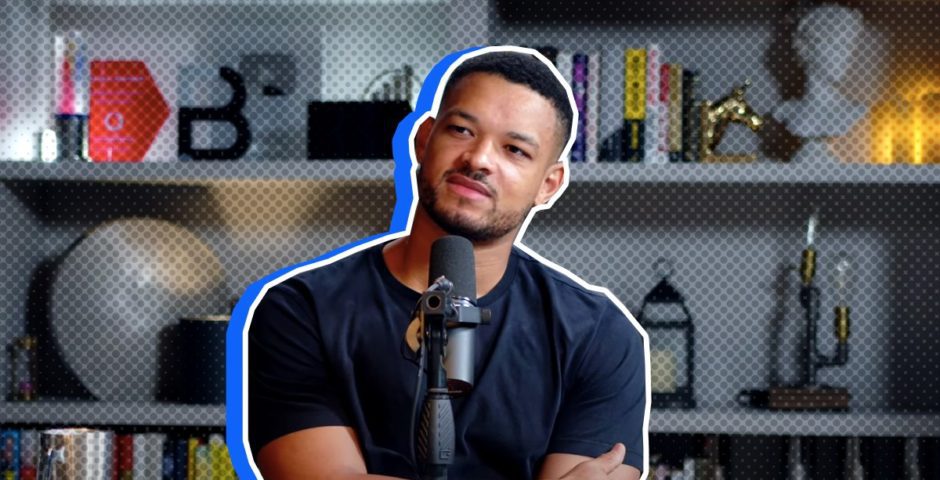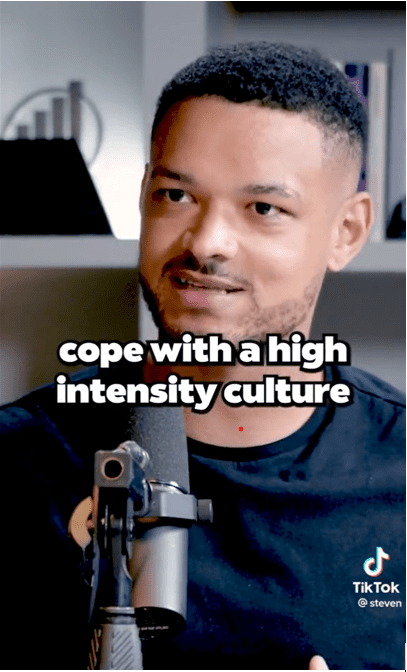
I am bored of people like Steven Bartlett saying Gen Z isn’t resilient
Here is every reason why we are the toughest generation
British entrepreneur Steven Bartlett has accused Gen Z of being “the least resilient generation I have ever seen” on his podcast Diary of a CEO – what a load of rubbish. This has inevitably led to backlash because why wouldn’t it? He’s offended our entire generation by claiming we’re not resilient when in reality we have conquered a global pandemic and dealt with more change than him in his entire lifetime.
He’s been added to a very long list of adults with podcasts telling us how to live our lives. You give these people microphones and suddenly they have the wisdom of a gospel. I’m sick of people like him telling me I have a bad work ethic just because the world has moved on to a bigger and better lifestyle. Let me run you through every single reason why Gen Z is hardest working generation by far:
Here’s exactly why Gen Z is resilient

Steven fails to consider the culture Gen Z had to adapt to, one that exists in an online workplace that can not only be isolating but also infuriating. Whilst dealing with the Covid-19 pandemic Gen Z had to figure out how to still earn an income whilst it being literally illegal to go into work.
Our attitude was: no workplace, no problem. Give us a laptop, a teams call and we are back in business. In a time of complete cultural uncertainty, Gen Z blew up social platform TikTok that allowed regular people to find inventive ways to profit. Most did this in the most iconic way possible. Young people could now aspire to have a social media career from the comfort of their own homes, which is much more appealing than a gruelling 9-5 in a rundown office. Yet, Steven ignores this and regards TikTok as the culprit for “telling this generation what work is.”
Gen Z has turned TikTok into profit
Steven starts his rant by criticising a woman who filmed a day-in-the-life TikTok video, showing a snippet of her day at the workplace which went viral on Twitter. He describes: “She arrives at work, takes a photo of her latte or this free muffin. It shows her doing thirty seconds of work.” He goes on to detail other parts of her day including a work social and pottery class, all of which in a patronising manner.
Can you imagine corporate companies actually wanting employees to enjoy their shifts? Free food, a pottery class and a work social- sounds like Steven is jealous to me.

Whilst belittling the woman, he fails to consider the genius of her work strategy and obvious entrepreneurial skills (something he should be familiar with). Not only has she secured a job she clearly enjoys, she has also found a side hustle where millions of people enjoy watching what she does, allowing her to make double if not triple income from one working day. As she sits comfortably eating her morning muffins, she is actively profiting from her viral TikTok videos. Genius, right? Why work harder when you can work smarter.
There is also a clear similarity and obvious irony between their career goals. Teaching and showing other people how to make maximum profit sound familiar? A TikTok day-in-the-life isn’t any different from a business podcast if they both spike the same drive in young people to aim high for a career.
The toxicity of corporate culture

Steven defends high intensity working environments and how young people need to accept this as a reality of working life.
He states: “I just fear that when I’m hiring people in that generation, I almost need to go an extra length just to check they can cope with a high intensity culture where demands might come on a Saturday because the world doesn’t just stop on a Saturday and Sunday.” Yet, whilst trying to live off of a measly minimum wage during a cost of living crisis, this “high intensity culture” does not reflect by rewarding high intensity wages. There is little benefit for overloading yourself with work in an environment which views employees as numbers rather than people.
He also mentions the exploitative push of boundaries regarding working weekends and how it is expected to work after contracted hours. Perhaps protecting boundaries and having a successful work and life balance should be something Gen Z is congratulated on.
Toni Tone goes into this on Twitter, supporting Gen Z in its workplace boundaries.

via Twitter
Generational progression
One of Steven’s biggest inspirations is his father, who he mentions as an example of a good work ethic. He says: “I reflect on the storms that my father went through at work and just know so deeply inside of me that there’s no way some of these younger Gen Z people could weather such a storm.” Surely, this just shows how we have seen how hard our parents have worked and have adapted to make it easier for ourselves.
From being tarnished with the label of ‘least resilient’ by countless podcasters, it is clear that Gen Z remain unphased and unbothered as we continue to conquer the corporate world in our own unique way.
Related stories recommended by this writer:
•Marriage to being besties with Simu Liu: Where your fave former BuzzFeed stars are now
•How much of Netflix’s Marilyn Monroe movie Blonde really happened?
•They didn’t find love on the show, but these Love Is Blind cast members have married since





















